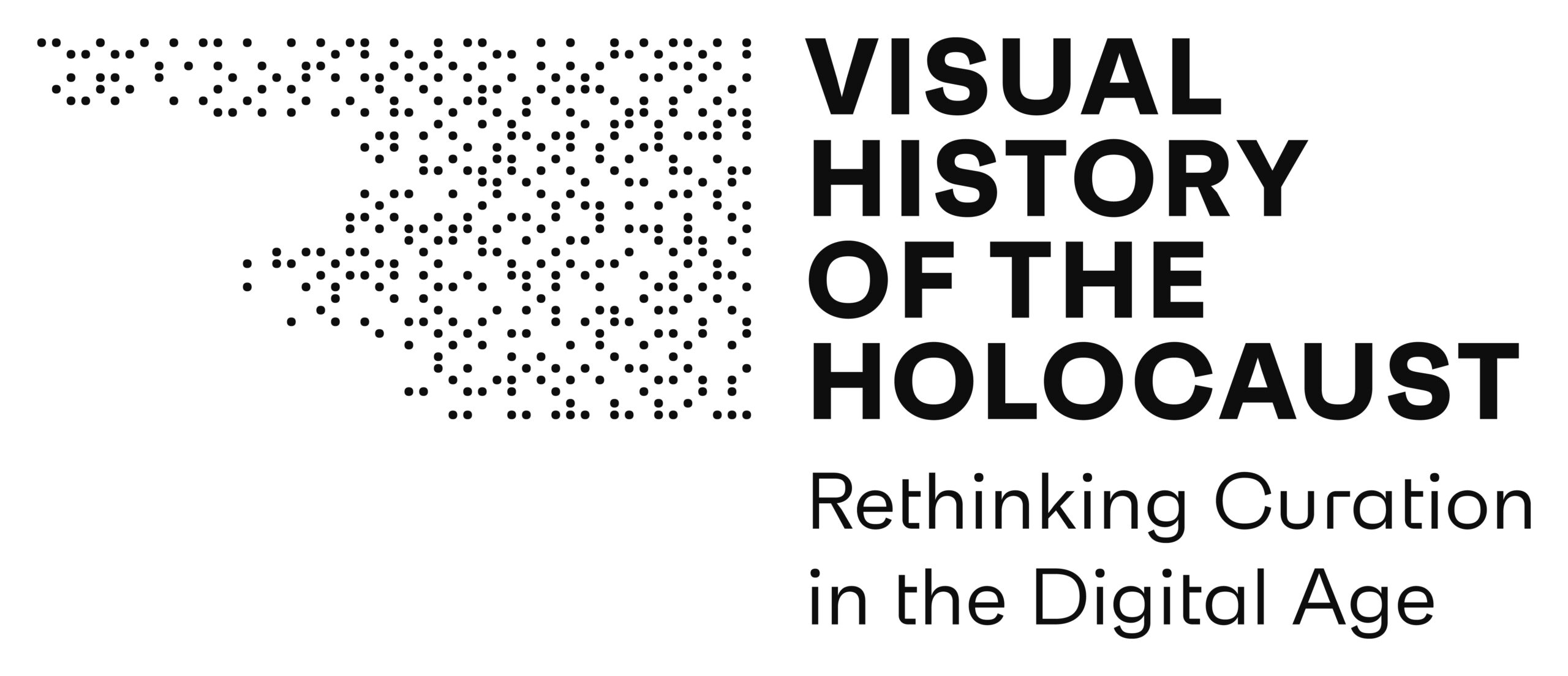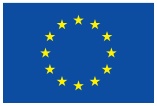Visual History of the Holocaust: Rethinking Curation in the Digital Age
Project Funding: EU (Horizon 2020), No 822670
Project Duration: 01.01.2019–31.03.2023
Project Consortium: Ludwig Boltzmann Institute for Digital History (LBIDH) (until February 2019: Ludwig Boltzmann Institute for History and Society, LBIGG) (AT), Coordinator; Austrian Film Museum (AT): Co-Coordinator; TU Wien (AT); Justus Liebig University Giessen (DE); The Hebrew University of Jerusalem (IL); University of Bremen (DE); Center for Russian, Central European and Caucasian Studies (Centre National de la Recherche Scientifique) (FR); Dachau Concentration Camp Memorial Site (Stiftung Bayerische Gedenkstätten) (DE); Bergen-Belsen Memorial (Stiftung niedersächsische Gedenkstätten) (DE); Mauthausen Memorial (AT); Deutsches Filminstitut & Filmmuseum (DE); max.recall information systems GmbH (AT)
Associated Partners: National Archives and Records Administration (USA); United States Holocaust Memorial Museum (USA); Fritz Bauer Institute (DE), Buchenwald and Mittelbau-Dora Memorials Foundation (DE), Yahad – In Unum (FR)
The Holocaust is a central reference point for European history and a ‘negative founding myth’ of European integration. VHH is an innovation action that focuses on the digital curation and preservation of film records relating to the discovery of Nazi concentration camps and other atrocity sites. We combine state-of-the-art concepts and practices from information science, museum pedagogy and digital storytelling to design a new approach for the engagement with a significant aspect of European audio-visual heritage. While the majority of these film records are in the public domain as they were produced by Allied military personnel on government order, hardly any of them are available in digital formats fit for the purposes of technology enabled research, analysis, and curatorial re-use.
Building on the advanced digitization of a relevant selection of these materials VHH will develop new methods in digital curation and apply sophisticated technologies to the analysis and time-based annotation of these historical materials. Filmic records will be dynamically linked with photographs, audio, and texts in order to discover and unlock layers of context and meaning inaccessible through traditional linear narrative modes of dissemination.
Our aim is to develop a ground-breaking inclusive concept of digital curation to innovate curatorial work with digitized film and media collections and to create best practice models and tool kits for advanced digitization, automated analysis, linking of different media types, and the linking of tangible and intangible assets. VHH will develop new forms of learning experiences and user interaction with the digital data and the stories contained in it. We will curate a discrete set of engagement levels to facilitate users’ engagement and co-creation. The resulting prototype applications will deliver new impulses to a range of industry sectors in education, museums, libraries and archives, cultural tourism and the content industries.
This project has received funding from the European Union’s Horizon 2020 research and innovation programme under grant agreement No 82267

